Mental Health Services for Vulnerable Children and Young People: Supporting Children Who Are, or Have Been, in Foster Care
$153.00
Description
More than half of children either in foster care, or adopted from care in the developed world, have a measurable need for mental health services, while up to one quarter present with complex and severe trauma- and attachment-related psychological disorders. This book outlines how services can effectively detect, prevent, and treat mental health difficulties in this vulnerable population.
Responding to increasing evidence that standard child and adolescent mental health services are poorly matched to the mental health service needs of children and young people who have been in foster care, this book provides expert guidance on the design of specialised services. The first part provides an overview of these children’s mental health needs, their use of mental health services and what is known about the effectiveness of mental health interventions provided to them. The second part presents some recent innovations in mental health service delivery, concentrating on advances in clinical and developmental assessment and treatment. The final part confronts the challenges for delivering effective mental health services in this area.
This is the definitive international reference for the design of specialised mental health services for children and young people in care and those adopted from care. It is invaluable reading for health and social care professionals working with this population and academics with an interest in child and adolescent mental health from a range of disciplines, including social work, nursing and psychology.
Editor: Tarren-Sweeney, Michael, Editor: Vetere, Arlene
Topic: Sociology
Media: Book
ISBN: 415632684
Language: English
Pages: 226
Additional information
| Weight | 1 lbs |
|---|---|
| Dimensions | 9.3 × 6.3 × 0.8 in |


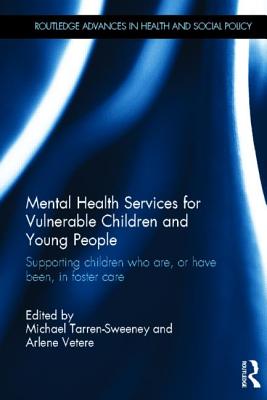

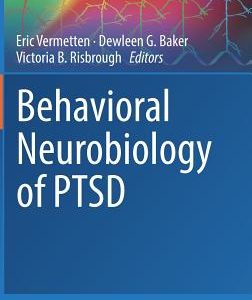



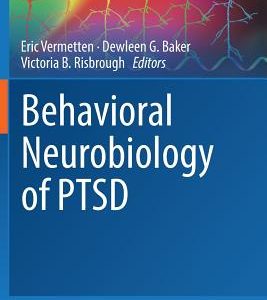


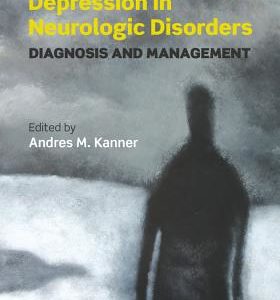
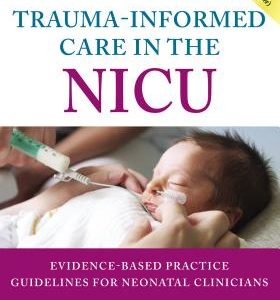
Reviews
There are no reviews yet.